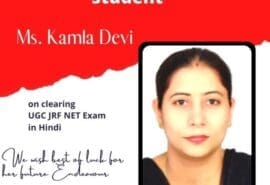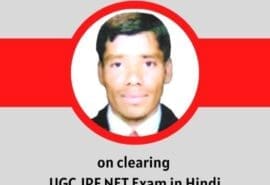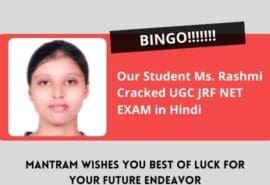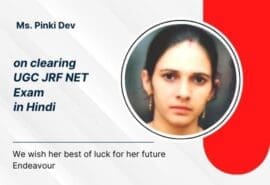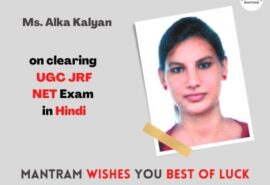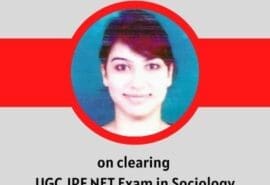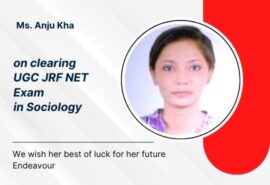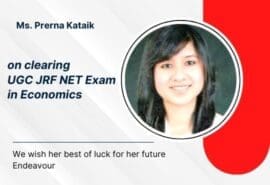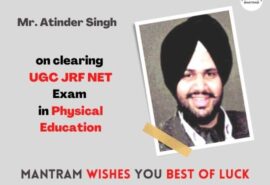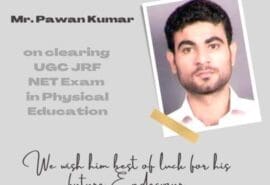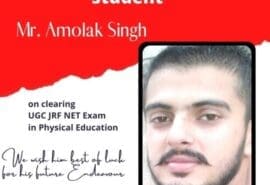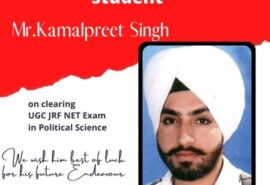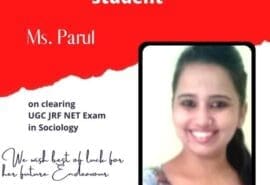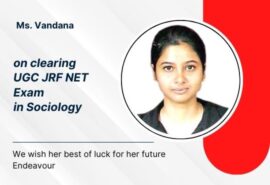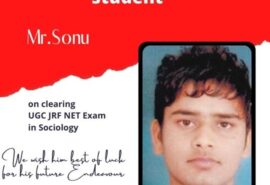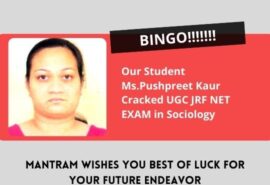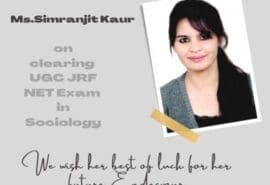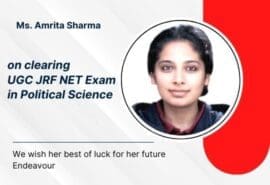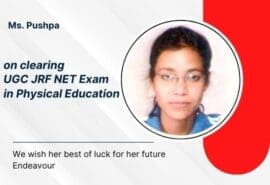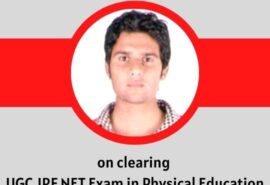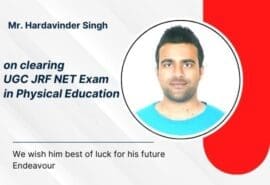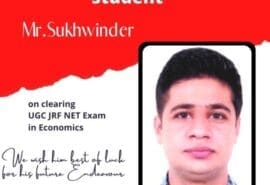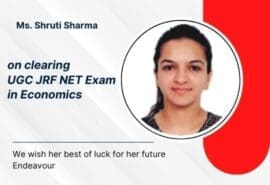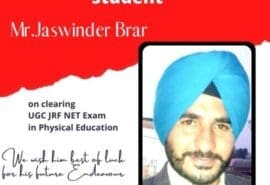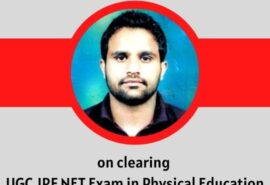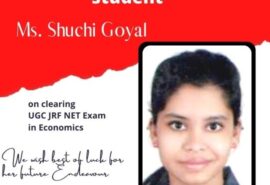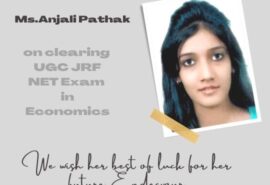
Strategies to Excel in the JRF NET Sociology Exam
Strategies to Excel in the JRF NET Sociology Exam
The National Eligibility Test (NET) conducted annually by the University Grants Commission of India (UGC) for Junior Research Fellowship and lectureship eligibility award sees thousands of sociology graduates and postgraduates competing for limited openings.
With a vast syllabus, low 3% clearing rates and intense competition, excelling in the sociology paper demands systematic preparation incorporating smart strategies across multiple facets.
Analyze Previous Papers
Review previous ten years' question papers identifying the most frequently tested subject areas, recurring analytical themes across essays or applied theory questions and relative weightage across major topics. Create frequency tables and charts that quantify such test trends for allocating maximum preparation efforts toward high-probability question types.
Structure Syllabus Approach
Categorize the expansive sociology syllabus spanning concepts, theories and tools into three priority buckets – highest importance domains tested unavoidably each year, moderately visible areas assessed occasionally and peripherally tested niches.
Assign maximum months focusing on the highest priority topics through structured notes, diverse academic resources and theory interlink ages.
For UGC JRF NET Sociology Exam Preparation Coaching, contact us at Mantram Study Group, SCO No. 80-81, First Floor, Sector 15-D, Chandigarh (Near Gate No. 2, Panjab University Chandigarh – Contact – 9779797575/ 9463049859)
Handpick Supplementary References
Rather than attempting all suggested readings, strategically handpick 2-3 recent supplementary references building on updated syllabus focus areas like gender identities, globalization or Indian sociocultural perspectives. Prepare summarized notes from such references catering perfectly to emerging question trends.
Learn Smartly
Employ learning techniques like brain mapping core concepts, animated videos explaining theorists, competing quiz games testing friends, rotating between topics rather than sequential study, and teaching back theories to the family for retaining complex information across the vast syllabus through neural stimulation and long-term memory storage.
Writing Practice
Success lies in effectively presenting insightful arguments within a limited exam duration. Hence, regularly formulate quality answers to previous years' questions that align with official word limits, evaluate perspectives, derive meaningful inferences from situation analysis and demonstrate structured thinking flows. Incorporate feedback to refine writing continually.
Timed Mock Tests
Attempting full-length practice test papers emulating actual exam conditions, format, and duration equips one to gauge preparation levels, manage timing across sections, spot and work on weaker areas and experience the pressure before the final exam for a taste of assessor expectations. Review answers keys to upgrade responses.
Interleave Don't Sequential Study
Rather than traditional serial order study of topics, cutting-edge insights from cognitive science suggest that interleaving diverse concepts daily boosts grasping and retention exponentially compared to covering one sub-domain at a time. Such an interleaved revision style aligns with the exam pattern of surprise questions on any topic.
Module-wise Tracking
Adopt modular tracking sheets documenting preparation completeness for every syllabus niche like theories, tools, subcultures, etc., updated continually to pinpoint unfinished areas. Compute section-wise projected scores based on module sheets for identifying domains needing priority improvement in coming weeks and areas ready for gradual revision.
Motivational Sessions
Preparing for such highly competitive exams over months, alongside other commitments, requires tremendous perseverance. Seek motivational guidance through coaching interactions, sharing success stories of past students who made sacrifices and overcame struggles in balancing preparation with personal challenges during their exam quest inspires sustaining morale.
Health above All
Even extensive subject knowledge cannot overcome poor present-moment focus, anxiety or low cognitive energy on final exam day arising from lack of sound sleep, nutrition, and exercise balance in the preceding month due to excessive burning of midnight oil or cramming. Hence, protected health, including 7-8 hours daily sleep and wholesome frequent meals, is non-negotiable.
Takeaway
The above 10-pronged strategic blueprint spanning smart syllabus coverage, writing practice, mocks, theory integration, modular tracking and holistic lifestyle habits sets up future sociologists for excelling amid the high-stakes pressures of the JRF NET assessment.
Thanks for visiting our website Mantram Study Group
CHECK OUR OTHER LINKS: -
Testimonials
 Their passion for teaching and extensive knowledge of the subject matter shines through in their engaging lectures and interactive class sessions. Students can grasp complex concepts and excel in their exams with their guidance. The CSIR Life Science Coaching Academy's commitment to students' success is evident in its teaching methodology.
Their passion for teaching and extensive knowledge of the subject matter shines through in their engaging lectures and interactive class sessions. Students can grasp complex concepts and excel in their exams with their guidance. The CSIR Life Science Coaching Academy's commitment to students' success is evident in its teaching methodology.


